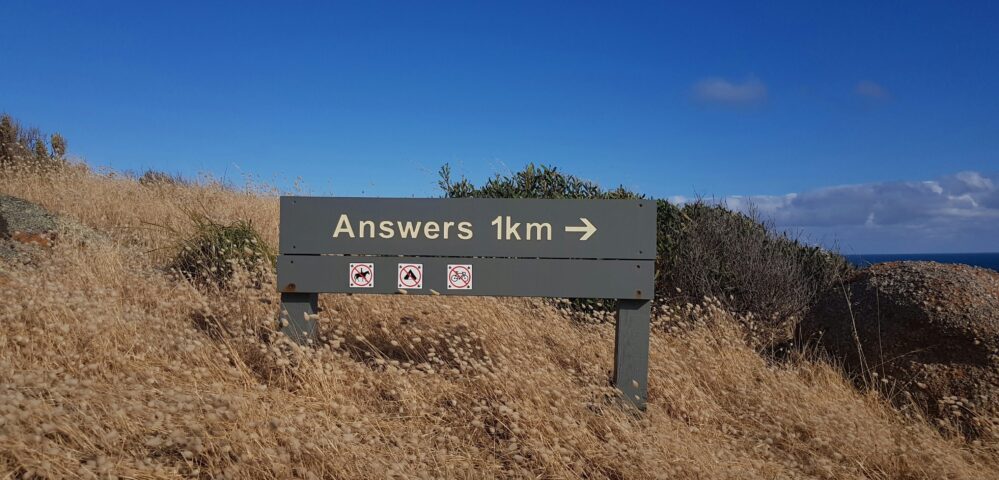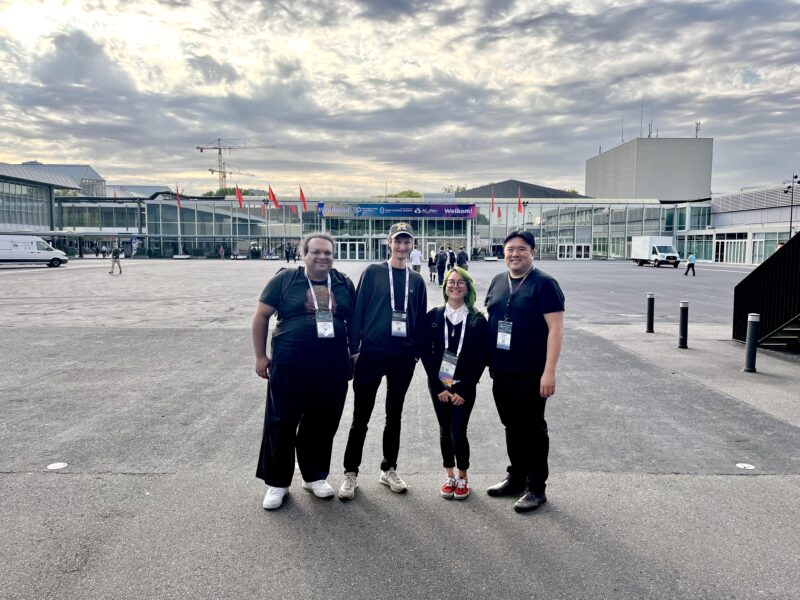
Open Source Maintainer Fellowship Survey
By Mirko Swillus
In Fellowship
The Sovereign Tech Fund is asking FOSS maintainers for input as we design the pilot program for a paid fellowship to support critical digital infrastructure. Help us by sharing this with maintainers you know. The last day to submit a response is Sunday, 7 April 2024.
We’re seeking input for the design of a pilot program for a fellowship, through which we would pay for the work of maintainers. Maintainers of FOSS technologies spend a significant portion of their time on maintenance—which others often forget, even though it’s in the name—and on other critical, unseen activities that keep their projects secure and stable. Areas like refactoring, improving test coverage, reviewing and merging pull requests, commenting on issues, as well as community work typically aren’t suitable for service contracts.
With this pilot program, we want to test fellowships as a support mechanism that addresses structural issues in the ecosystem. In addition to the Sovereign Tech Fund’s general investment in specific technologies, these fellowships would be one way to support individual maintainers of technologies we all rely on, whose work may not as easily be defined in milestones or even concentrated in a single project. Some other structural issues maintainers face include needing employment instead of freelance work or self-employment, or having other personal or professional situations that make it difficult to find financial stability through common FOSS sponsorship or business models.
The Sovereign Tech Fund’s goal is to support open source maintainers working on open digital infrastructure in the public interest. The work of maintainers can be hard to quantify, unsuitable for commercial contracts, and spread across multiple FOSS projects and communities. Maintainers are currently not compensated for their work in a manner that meets their long-term professional and financial needs. All these factors combined lead to core contributors to important technologies not being able to get paid for work that is essential to long-term security and viability: not only of the foundational technologies themselves, but of all the institutions and business that use them. These technologies are relied on in many areas of our modern world, everywhere from industrial tools to consumer devices to government administration.
Take the survey
If you maintain open source projects yourself, we would be very grateful if you could take ten minutes and respond to the survey by Sunday, 7 April 2024:
Not a maintainer yourself? Send the survey (along with a thank you) to open source maintainers you know. Thanks!


